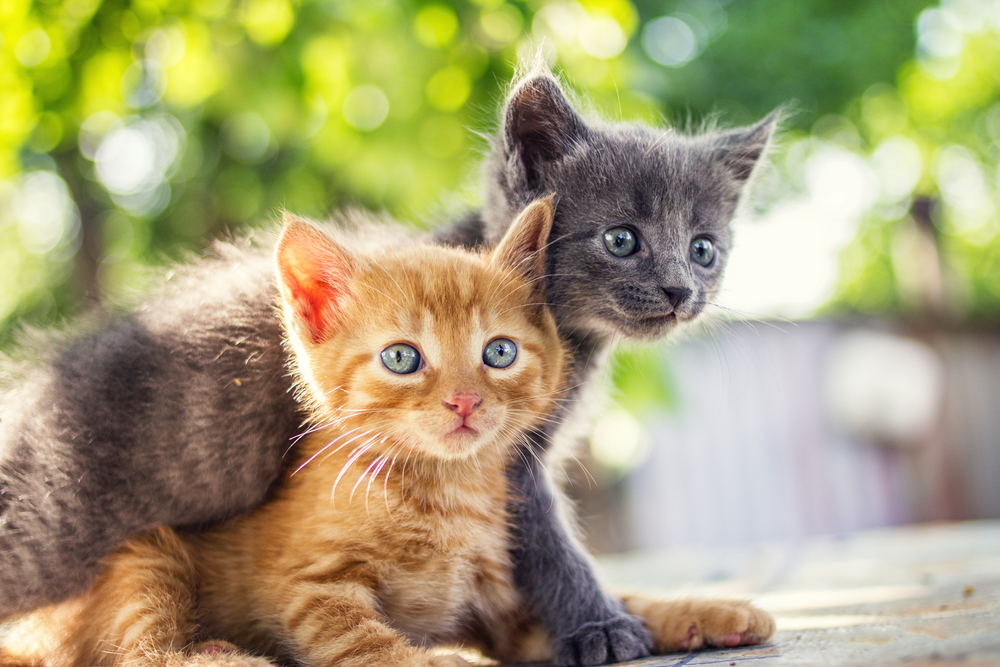How to Treat Cats for Streptococcus
June 16, 2017
Streptococcal infections, which plenty of us humans have had before (much to our dismay), are fairly common in cats. This type of bacterial infection specifically refers to one caused by Streptococcus bacteria, and while any cat or dog could develop this infection, older cats and kittens are the most vulnerable to coming down with it. This is because these animals’ immune systems have either declined or they haven’t fully developed yet. No matter how old your cat is, it’s in the animal’s best interest if his or her pet owner knows how to spot symptoms and what kind of treatment is required. So, for those interested, here is what you should know about streptococcal infections.
Symptoms
The typical symptoms for this infection are much like the ones people would experience if they contracted the same type of bacteria. Pet owners should expect symptoms that include fever, pain, lethargy, arthritis, coughing, one or more abscesses, pneumonia, or difficulty swallowing brought on by swollen tonsils.
Again, age is often an important factor regarding an animal’s susceptibility to Streptococcus, especially in cats. Specifically, older cats’ antibodies have declined while kittens lack the antibodies necessary to fight this infection. Recent exposure via a surgical procedure or a wound can also increase susceptibility.
Treatment
If pet owners are worried their cat has developed an infection, the first thing they should do is consult their veterinarian to confirm a proper diagnosis. Once he or she has run tests and determined the cat has a streptococcal infection, the vet will likely prescribe a treatment plan, which will include both hydration and antibiotics.
Management and Living
While a cat is recovering from the infection, it’s important that pet owners provide solid nursing care for their pet. The animal needs to receive medicine regularly, and the vet may recommend that he or she finishes the entire prescription to ensure the Streptococcus bacteria are eliminated. Also, rehydration is essential for replenishing your cat’s body with fluids as well as flushing the infection out of the cat’s system. Be mindful of the types of food your cat consumes as well—pet owners can try softer foods or softening hard cat food with Manuka honey to make it easier.
Prevention
To prevent future infections or infections in general, pet owners should try to avoid habitats that are overcrowded with many other pets. Beyond avoiding contact with too many other pets, there aren’t currently other known preventative methods for this bacterial infection.
Photo via CebotariN / Shutterstock


.jpg)



